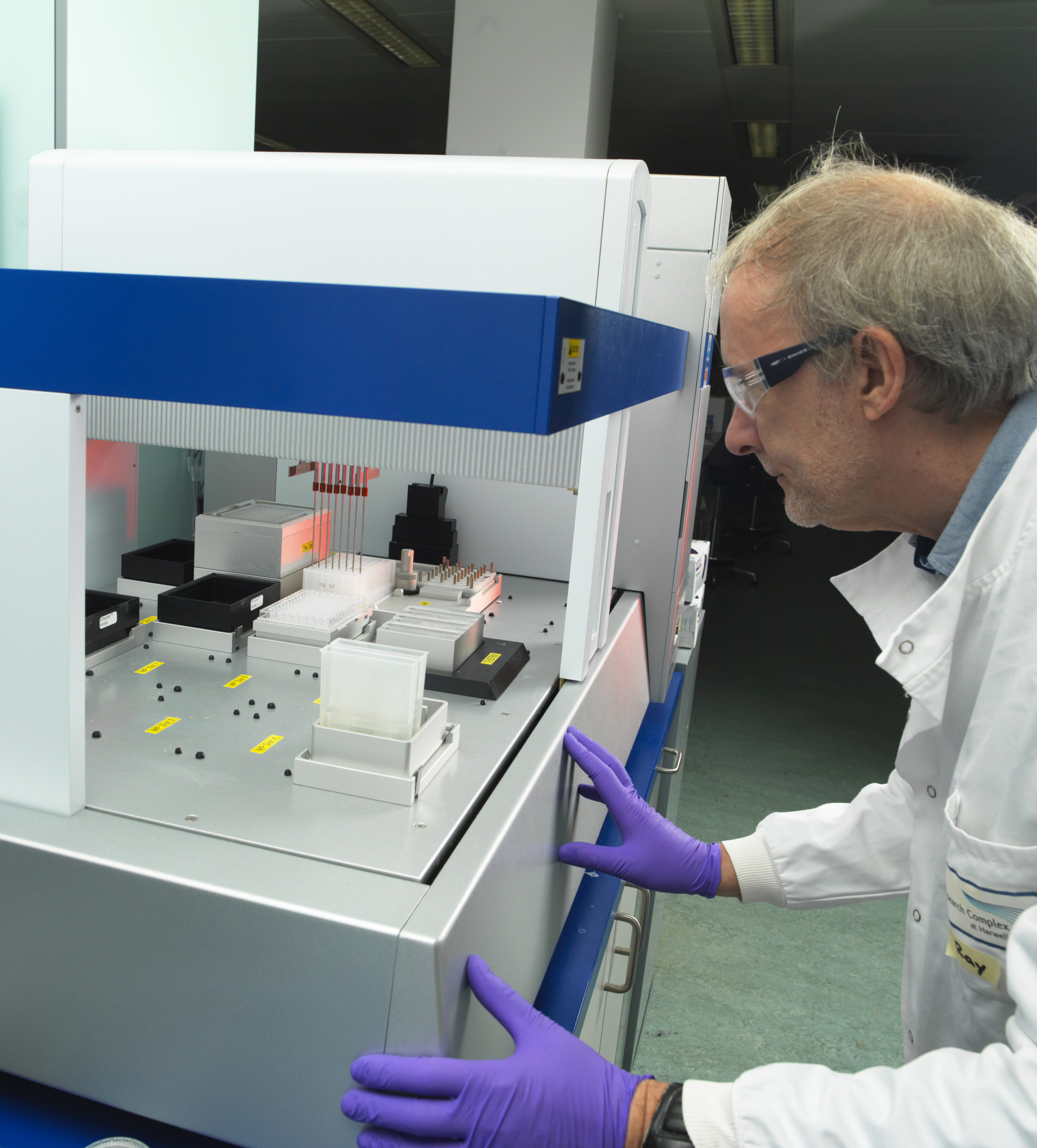
Antibodies Found in Llamas Could Neutralise COVID-19 Virus
A team of UK researchers based at Harwell Campus and Oxford University have discovered that antibodies derived from llamas can neutralise the SARS-CoV-2 virus. Using advanced imaging with X-rays and electrons at the Harwell based Diamond Light Source and also Oxford University, the team identified that the nanobodies bind to the spike protein in a way not seen before in research into COVID-19.
This collaborative effort involves researchers from the Rosalind Franklin Institute, Oxford University, Diamond Light Source and Public Health England. They hope the antibodies – known as nanobodies due to their small size – could eventually be developed as a treatment for patients with severe COVID-19. The peer reviewed findings are published in Nature Structural & Molecular Biology.
Llamas, camels and alpacas naturally produce quantities of small antibodies with a simpler structure, that can be turned into nanobodies. The team engineered their new nanobodies using a collection of antibodies taken from llama blood cells. They have shown that the nanobodies bind tightly to the spike protein of the SARS-CoV-2 virus, blocking it from entering human cells and stopping infection.
Despite extensive fast-tracked clinical research there is currently no cure or vaccine for COVID-19. However, transfusion of critically ill patients with serum from convalesced individuals, which contain human antibodies against the virus, has been shown to greatly improve clinical outcome. This process, known as passive immunisation, has been used for over 100 years, but it is not straightforward to identify the right individuals with the right antibodies and to give such a blood product safely. A lab-based product which can be made on demand would have considerable advantages and could be used earlier in the disease where it is likely to be more effective.
“These nanobodies have the potential to be used in a similar way to convalescent serum, effectively stopping progression of the virus in patients who are ill,” commented Professor James Naismith, Director of The Rosalind Franklin Institute and Professor of Structural Biology at Oxford University. “We were able to combine one of the nanobodies with a human antibody and show the combination was even more powerful than either alone. Combinations are particularly useful since the virus has to change multiple things at the same time to escape; this is very hard for the virus to do. The nanobodies also have potential as a powerful diagnostic.”
Working collaboratively and at pace has been vital to the research.
Professor Ray Owens from Oxford University, who leads the nanobody program at the Franklin commented, “This research is a great example of team work in science, as we have created, analysed and tested the nanobodies in 12 weeks. This has seen the team carry out experiments in just a few days, that would typically take months to complete. We are hopeful that we can push this breakthrough on into pre-clinical trials.”
The Rosalind Franklin Institute, Diamond Light Source and Public Health England are all located at Harwell Science and Innovation Campus and are pillar organisations within the fast growing Harwell HealthTec Cluster.